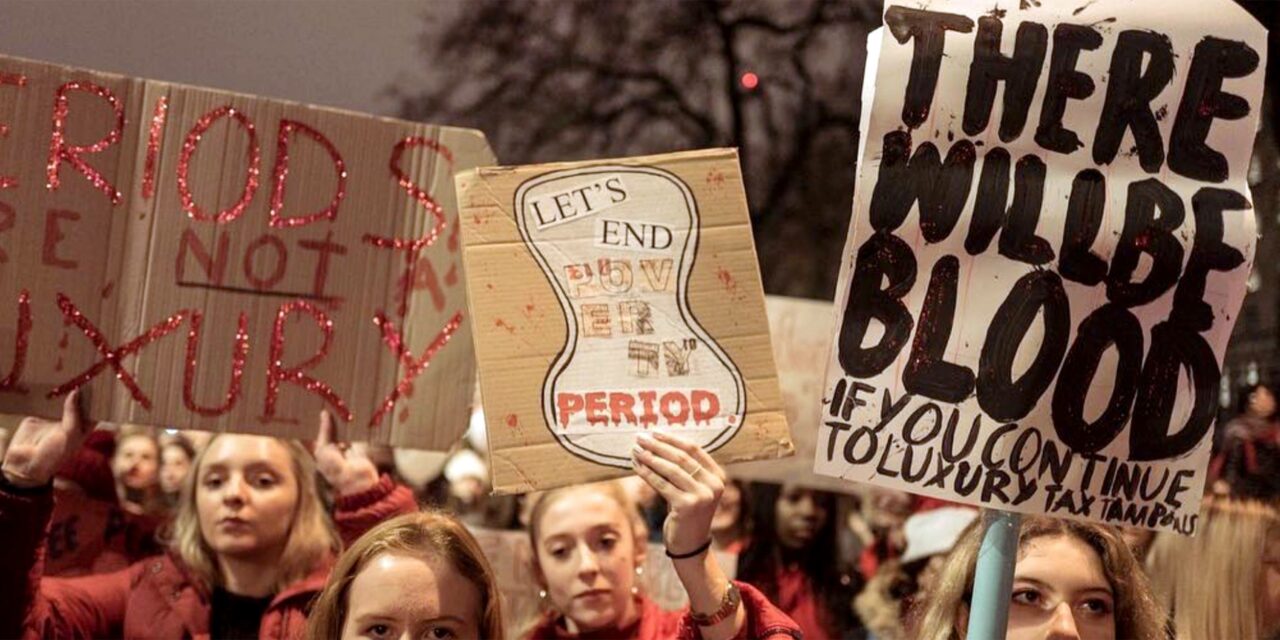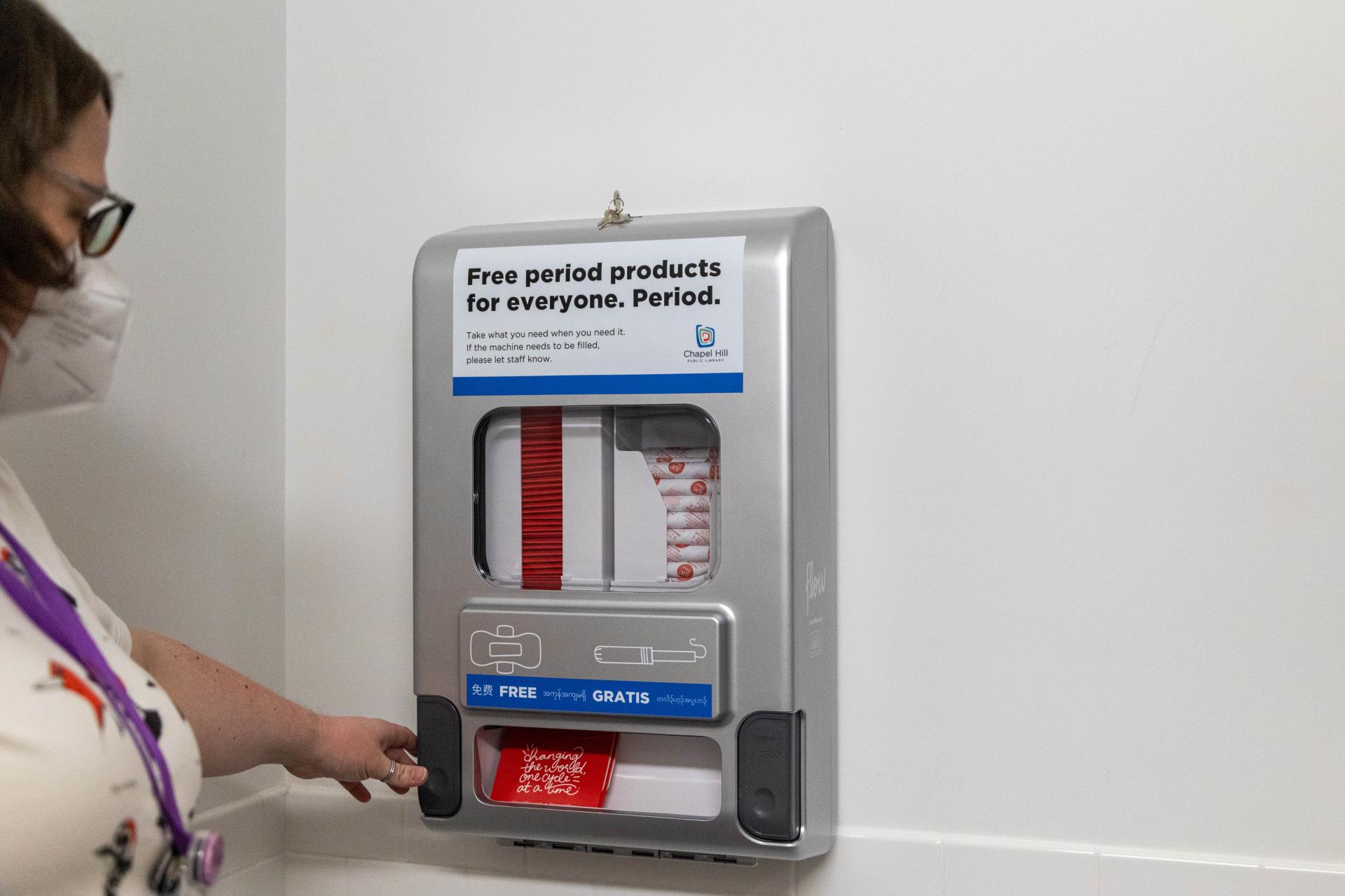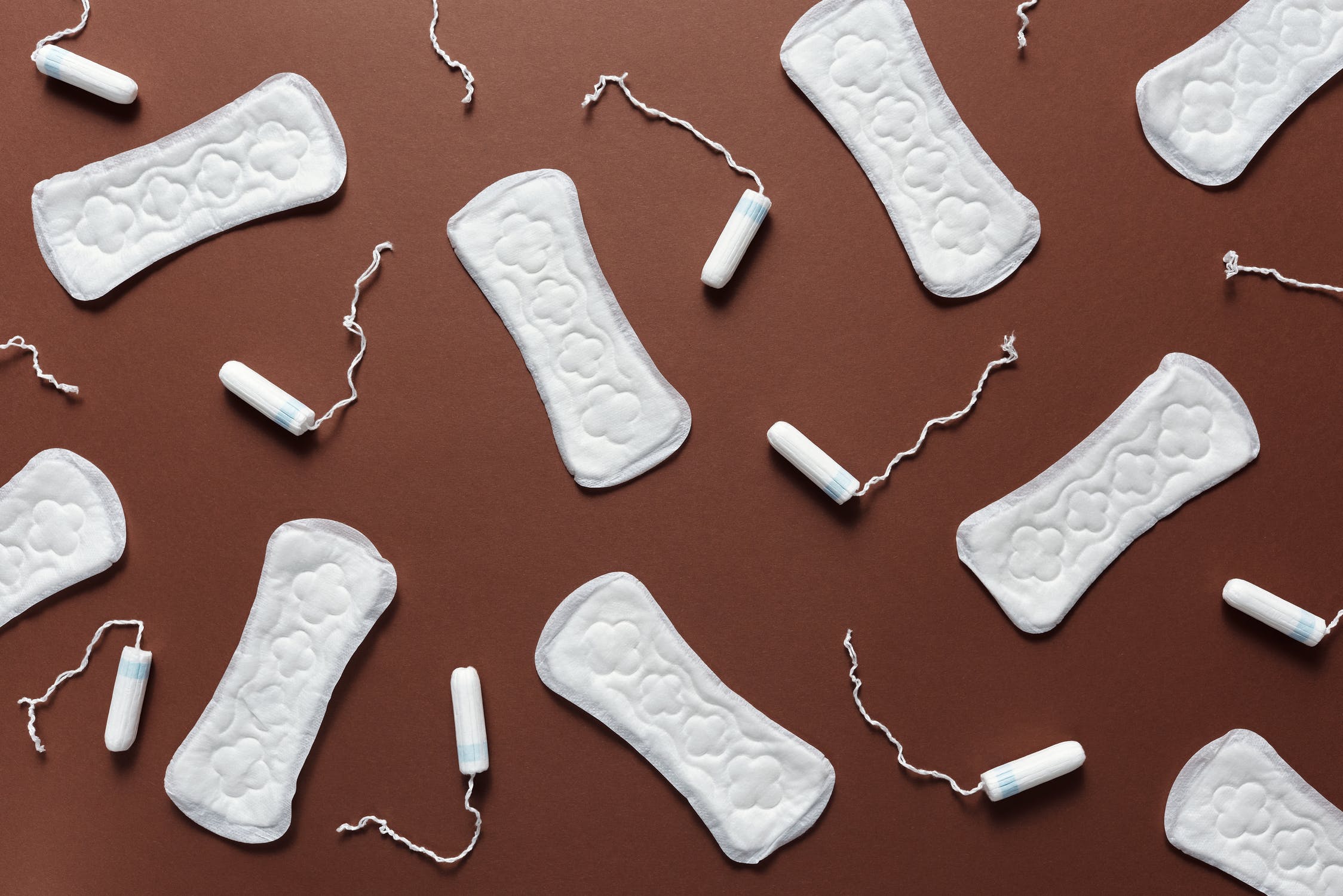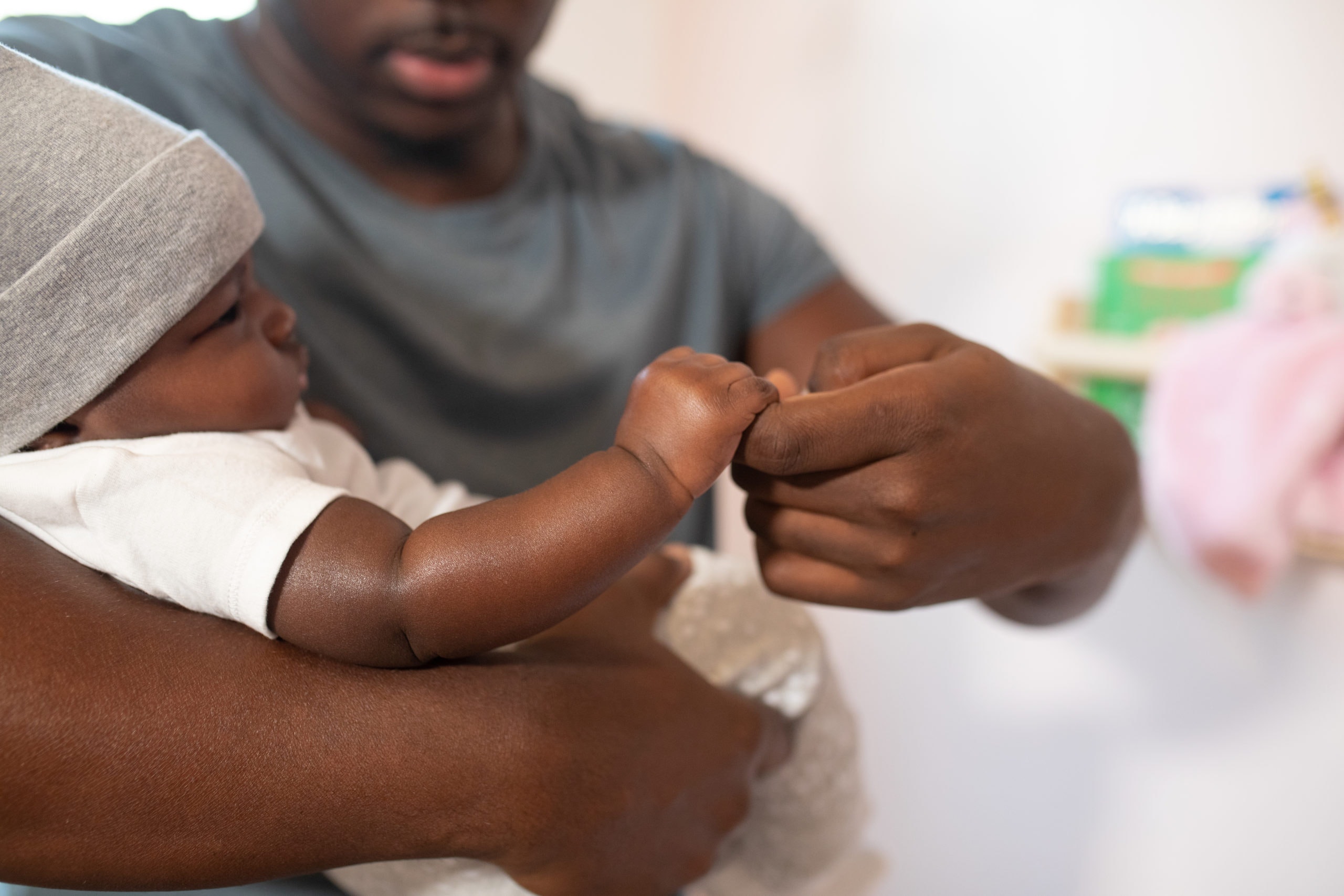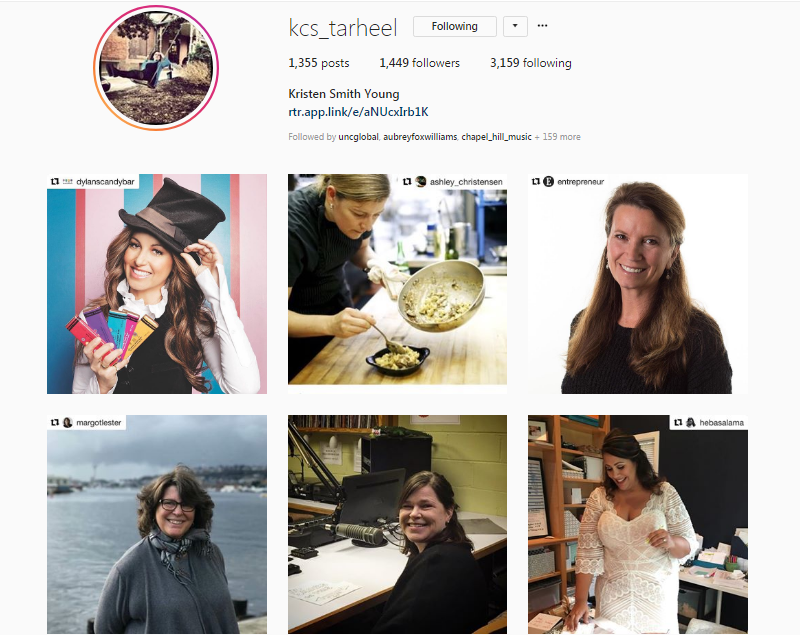In light of Period Poverty Awareness Week, in this edition of Addressing Taboo Topics, we take a look at how one nonprofit is speaking out about the growing need for period products in the community and the detrimental effects not being able to afford these essential goods has on an individual.
National research studies report that one in four people who menstruate struggle to buy enough period supplies due to a lack of income. This is known as period poverty. In the U.S., 24.6 million people with periods can’t afford period products.
Michelle Old is the founder and executive director of the Diaper Bank of North Carolina – which was created to in 2013 to help North Carolinians have access to basic necessities. She said people who are in need of diapers are also usually in need of period products.
“As we started giving out diapers, we also realized that if mothers couldn’t afford diapers, then they couldn’t afford to take care of themselves,” Old said.
The “On the Spot” initiative was created in 2016 to not only provide menstrual products to mothers and their families who were already receiving services from the diaper bank, but to also support menstruating individuals in local schools.
On the Spot supplies Durham Public Schools at the elementary, middle, and high school level with pads, tampons, black leggings, and underwear so that individuals can focus on their learning instead of their basic hygiene.
“The more that we can educate on menstruating individuals that are missing school and missing work and using socks and using napkins to take care of themselves every month, the more people will be encouraged to do something about it,” Old said.
National surveys report that one in five menstruating individuals miss work or school each month due to a lack of period supplies. During the pandemic, Old said that need has been exacerbated, with requests for period products increasing by 800 percent alone at the Diaper Bank of North Carolina.
“As a community, we all knew what it felt like after COVID first hit when we couldn’t find toilet paper,” Old said. “That is something that menstruating individuals experience every day that are living in poverty where they can’t afford this most basic need.”
Old said, according to their research, 78 percent of those who receive products from the diaper bank are working one to three jobs. She said for lower-income individuals, period products can cost up to 14 to 16 percent of their monthly budget.
“There’s a misconception about poverty in our community,” Old said. “What we’re seeing is families and individuals that work very, very hard – they care deeply about their families – and they still cannot afford the most basic needs.”
As hygiene products are not covered by government aid programs such as WIC and SNAP, Old said many individuals must make difficult trade-offs to cope at the expense of sanitary products.
“Every single time a family or an individual is going to choose to feed their families or themselves and they’re going to do without the dignity items that they need desperately,” Old said.
On top of financial strain caused by the pandemic, Old said, in general, North Carolinians pay more for period products because of a “luxury tax.” According to North Carolina law, menstrual products are deemed non-essential goods and taxed at 4.75 percent, often with an additional 2 to 3 percent in local taxes.
She said, overall, menstruating individuals in North Carolina pay eight million dollars a year in taxes for menstrual products.
Despite an apparent community need, Old said there is still a stigma associated with periods and period products. That in turn makes it more difficult for those experiencing period poverty to receive the help they need.
“This is something that’s really hard for people to talk about,” Old said. “When we started talking about it, we would have church groups or particular groups say ‘well we’ll collect diapers but we’re not going to collect those period products’ and they would whisper it like it was some sort of embarrassing thing to be talking about. So, we really realized that we had to destigmatize and talk about it often in all the work that we do.”
To find out how to support the On the Spot initiative, click here.
Lead photo via freeperiods.
Check out the last issue of “Addressing Taboo Topics” on supporting survivors of sexual violence here.
Have a taboo topic that you feel needs to be addressed? Send your ideas to elle@wchl.com.
Chapelboro.com does not charge subscription fees. You can support local journalism and our mission to serve the community. Contribute today – every single dollar matters.

